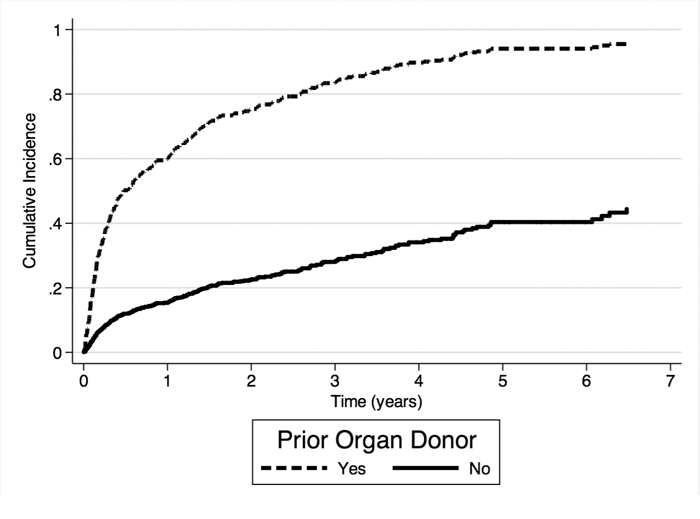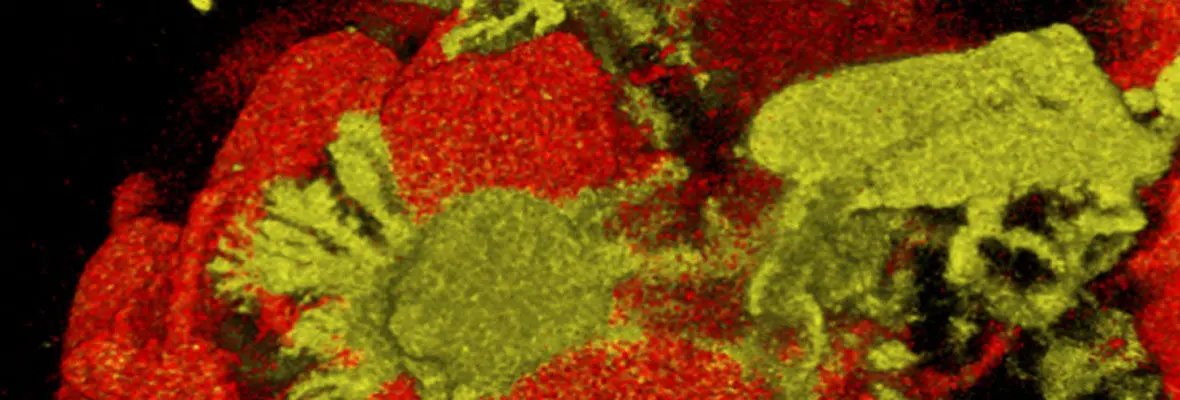Living Kidney Donors
Dr. Reese has leveraged empirical evidence and cogent ethical arguments to improve the process for selecting and caring for living kidney donors. With NIH funding, he demonstrated that transplant centers vary widely in their willingness to accept donors with plausible risks for kidney disease such as hypertension (American Journal of Transplantation). He showed that older living kidney donors (>55 years) – the fastest growing demographic group among living organ donors – have similar survival and other health outcomes compared to healthy non-donors (American Journal of Transplantation). He also examined living kidney donors who later developed end-stage renal disease and were themselves wait-listed for kidney transplant. Because of favorable allocation policy, these former donors experienced brief waiting times, were transplanted with high quality kidneys, and had post-transplant outcomes that are similar to kidney transplant recipients matched on multiple relevant attributes (Journal of the American Society of Nephrology).
Dr. Reese has also advanced some of the highest quality evidence related to compensation for living kidney donation. With Scott Halpern and colleagues, he examined the likely effects of financial incentives for living kidney donation on potential donors across income strata. The analysis showed little evidence that incentives would lead to ethical problems such as undue inducement (Annals of Internal Medicine). Dr. Reese has paired these empirical analyses with pragmatic work at the past national level as Chair of the UNOS Ethics Committee.
- Gestational Hypertension and Preeclampsia in Living Kidney Donors
- Substantial variation in the acceptance of medically complex live kidney donors across the US renal transplant centers
- Regulated Payments for Living Kidney Donation: An Empirical Assessment of the Ethical Concerns
- Kidney Transplant Outcomes for Prior Living Organ Donors



